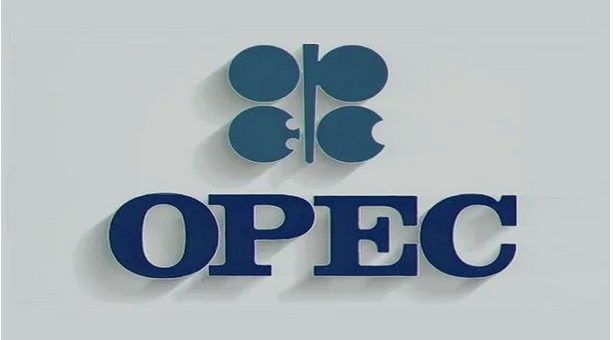That’s quite a change from the Organization of the Petroleum Exporting Countries and its allies (better known as OPEC+) this week, when eight member countries said they had coordinated a decision to vary levels of crude oil production. The decision is likely to have ripple effects throughout the global energy landscape, potentially disrupting the forward balance of supply in the international oil market. These four countries—Saudi Arabia, the United Arab Emirates (UAE), Kuwait and Oman—along with other participating members of the alliance, agreed to raise their production quotas. This change is part of the ongoing internal discussions within the OPEC+ group, in order to sustain the coherence of the balance of supply and demand in the world economy.
Nations Participating in the Decision-Making Process
It is the result of ongoing discussions, consultations and the ongoing observation of market developments among the OPEC+ participants When global price-setting mechanisms produce all of these price projections, they are put through deliberation with a rigorous assessment of all that is going on in the market, including global demand predictions, inventory levels and broader economic indicators. The process behind OPEC+ decision making involves finding common ground between its disparate members and considering the respective conditions and production limits of each participating nation. This also highlights the strategic centrality of these four countries in the geopolitics of global oil supply, given their huge production capacity and their linchpin status in the energy realm. Information on individual increases in production quotas for each country is set out to be summarized in official statements from individual countries and the OPEC+ secretariat.
Implications for Global Oil Markets
These eight OPEC+ countries agreed to raise their oil output and is likely to have significant consequences for international oil markets. While more supply can help affect crude oil prices, the magnitude of the influence is uncertain and highly dependent on many inputs, including the size of the production increase, overall global demand for oil, and geopolitical factors. The response of benchmark crude oil futures, including Brent and West Texas Intermediate (WTI), to this announcement is sure to keep market analysts on their toes. Moreover, the ruling could have rippling effect on prices of the refined petroleum products, including gasoline and diesel, which are essential for transportation and several industrial activities globally. Production Cuts Implications for Broader Energy Sector The reduction in crude output will also have implications for the wider energy sector, as it could affect investment decisions and strategic planning in energy companies and consuming countries.
Reason for the Output Reduction
One factor that could explain the rationale to increase oil production is a mixture of reasons. As the world battles through a recession, participants observing tightening oil demand or a need to supply that demand for the future are likely. In addition, the decision might signal a tactical adjustment to shifting market conditions like adjustments in output from non-OPEC+ nations, or geostrategic developments capable of impacting supply access. Since the beginning of 2021, OPEC+ has continued to reaffirm its commitment to achieving the market balance and providing a sustainable and reliable supply of oil to consumers around the world. This shift in production will also help to promote the goals of the organization towards reconciling the interests of the producers with those of the consumers. The elaborations of the individual participating countries, laid out in their official statements, may shed insight into the actual reasoning for this decision.
Wider Implications for the Energy Industry and World Economy
By reaching an agreement to regulate the level of oil production these OPEC+ countries are signalling their potential impact on the energy market and the world economy. If oil supply were to increase, oil prices would potentially stabilize or even decline for consuming nations, which may support economic growth by reducing transportation costs and inflationary pressures. For producing countries, the which way to turn on production decision must take into consideration the inevitable impact on oil prices and their fiduciary revenues. In the long run the impact of this adjustment will also depend on the outlook for global energy demand, which is evermore shaped by global changes, like the shift away from carbon intensive energy sources and improvements to energy technology. The move emphasizes the continued significance of OPEC+ in influencing global energy dynamics and reflects the complex interactions between oil supply, demand, and wider economic and geopolitical factors. The world will be watching to see how this increase in production plays out and the impact it will have on energy.






